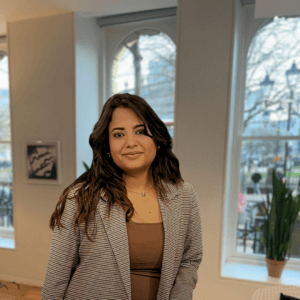After my last blog reflecting on my son William’s first day at “big school” about how our younger selves accept great change, I am compelled to follow up with one reflecting on his first term (I promise I won’t do this every month – he won’t appreciate his entire childhood diligently recorded on the Internet). In particular, learning to read.
“Rur… uh… nnn… run”. “Mmm… a… nnn… man”.
Now I don’t know if any of you can remember this stage of your life (I’m struggling) and I’m sure wouldn’t now appreciate the doggedness required to actually learn how to read. But I sit here with a mixed sense of pride and awe at how enthusiastically and determinedly (is that a word? English is next term) William has applied himself. He’s not alone, all the parents are talking about it.
What fascinates me is the enjoyment he’s getting at learning something new. He makes many mistakes, quickly learns from them, moves on and improves. And what’s more, he does this all by himself – no life coach telling him how to think positively, no Personal Development Plan forcing him down an arduous self-promoting, doubt-provoking development process, no threat of non-promotion if he doesn’t succeed… amazing! How does he do it? OK, so I’m being a tad flippant, but the real question is what happened to that passion for learning that is, or was, innate in all of us?
In less than six weeks William has learnt to read, count to over one hundred, speak basic French (or advanced if you’re me) and surprises us every day with his keenness to model, develop and improve. Of course he also enjoys the instant recognition of getting something right (that never goes away) but he certainly doesn’t fear the possibility, or certainty, of getting it wrong. Quite the opposite, embracing failure is how he accelerates his learning.
As we get older we naturally fall into routines. Learning something new often presents an opportunity to fail, to re-enforce our limiting beliefs, to demonstrate that “they were right after all, I can’t do this”, rather than an opportunity to fully realise our potential, increase our self-esteem, confidence and (let’s face facts in a commercial world) our pay packet.
I try to picture my son in 25, 35 or 45 years’ time. What will his attitude be then? Will he take every opportunity to develop new skills? Will he embrace failure as part of the learning process? Ultimately, will he still have that passion for learning? Take a look around at your colleagues, your clients, yourself. If we are honest with what we see, the odds are probably stacked against him… but just imagine how much he would stand out if he did.


